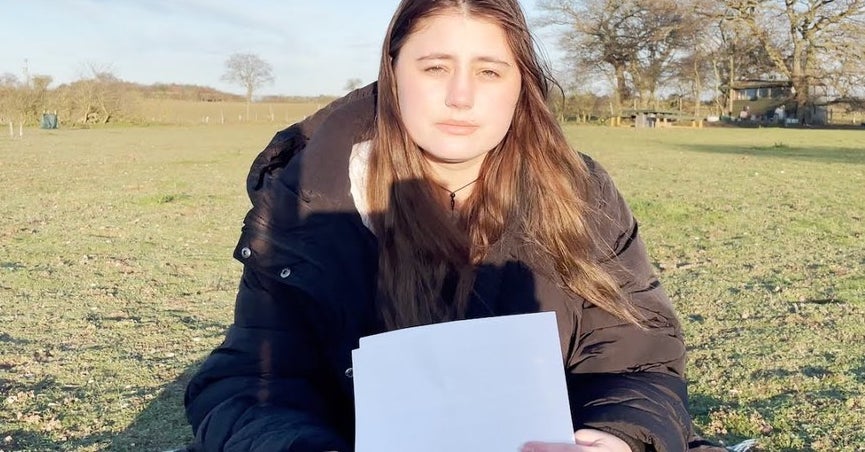The antiviral Paxlovid is the “last drug left in the cupboard” to treat people vulnerable to severe disease and death from Covid-19, a leading virologist says.
The message from Associate Prof Stuart Turville is particularly concerning given the variants circulating now are adept at evading antibodies.
Turville, from the Kirby Institute’s immunovirology and pathogenesis program, says monoclonal antibody treatments are not effective against XBF – presently the dominant variant across Australia – and BQ.1.1, which is also circulating.
Monoclonal antibody treatments are laboratory-made proteins designed to mimic the natural antibodies produced by the immune system, stopping the virus from replicating. The drugs, which include Sotrovimab and Evusheld, are delivered intravenously.
A new study that Turville co-authored examined the ability of approved monoclonal antibody therapies to neutralise currently circulating variants – and the treatments fared poorly.
“The lack of neutralisation activity of Evusheld across many emerging variants will need to be considered carefully moving forward,” the paper found.
“Whilst Sotrovimab maintained activity across many variants, it lost neutralisation activity against BQ.1.1 and XBF.”
The paper concluded that “treatment in the era of a variant mix will provide many challenges and will require continued monitoring”.
XBF is the variant most evasive to antibodies derived from immunisation antibody treatment and natural infection, Turville said.
“The drops in antibody binding and potency range from 12 fold to 50 fold,” he said. “These are very large and the biggest drops we have seen across many variants.”
Paxlovid – an oral antiviral medication that works by hampering a key enzyme the virus needs to replicate – remains effective against the variants, the paper found.
“The last drug left in the cupboard is Paxlovid,” Turville said. That means treatment options are limited.
Turville’s comments echo those made by Prof Sharon Lewin, the head of the Doherty Institute, in December. She said progress on treatments to protect the most vulnerable would be crucial as Australia tackled the virus into 2023.
“We’ve now got variants that have knocked out a few of the therapies we had for Covid,” Lewin said.
Turville’s paper found that while circulating variants appear very effective at evading antibodies in the body, they do not seem to be better able to enter cells and infect people in the first place.
It has been known since the emergence of Omicron variants BA.1 and BA.2 that two-dose vaccination is not enough for good protection and Turville said this was clearer still with the current BR.2.1 and XBF variants.
“For XBF, we also see many people that have three vaccine doses but not a fourth dose after six months do not have a good [immune] response,” he said.
Those infected in the current wave and who have no vaccination or two doses only need to be reviewed to see why they have “fallen through the cracks,” Turville said. But, in good news, the immune response in people with three or more doses is strong against emerging variants, the virologist said.
Overall Covid case numbers reduced throughout December but there are a concerning number of deaths occurring despite access to booster doses and Paxlovid. In the week to 30 December, Victoria recorded 69 deaths, NSW 32 and South Australia 18.
In Victoria, there was a 47.5% increase in Covid-related deaths in the month to December 3o when compared to the previous month. Of the 667 Covid-related deaths in Victoria in the past three months, 44% were unvaccinated and 50% had not received their third vaccine dose.
According to Victoria’s health department, about 60% of patients aged over 70 presenting to emergency departments with Covid were undiagnosed until they were tested in hospital – when it was already too late for Paxlovid. The drug needs to be administered within five days of symptom onset to be effective.
“It is critically important that people with symptoms continue to test for Covid-19 and that people who test positive, and are eligible for antiviral treatments, get those treatments as soon as possible,” the department said.
Turville said looking overseas to understand what might happen in Australia next is important – but it is also becoming less useful.
“Many are looking overseas to see what is going on, but the problem is the US and Europe, for instance, do not have our variant mix,” he said.
“In the US they are getting worried about XBB.1.5. It is spreading fast and very evasive to antibodies. But in worrying about XXB.1.5, we fail to see that XBF is very, very similar to XBB.1.5 and XBF is presently the dominant variant across Australia.”


